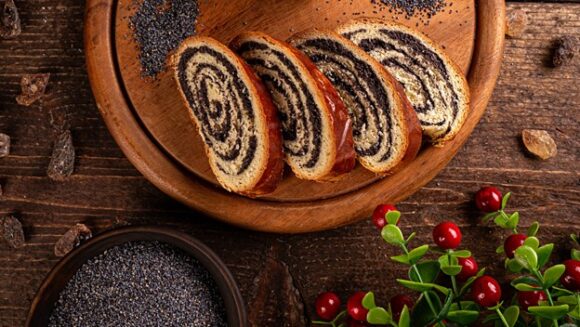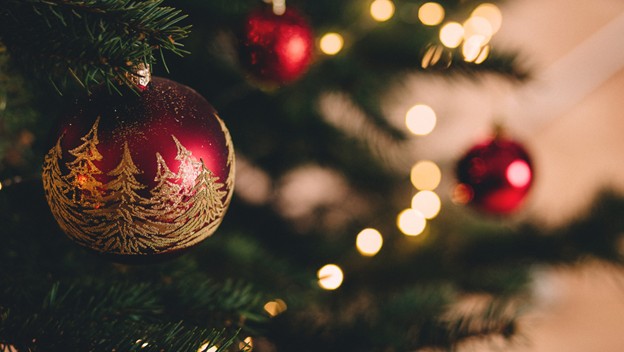Superstitions follow us everywhere. Whether you believe them or not, it is always fun to learn about another nation’s beliefs and traditions. While some of them might sound a little odd at first, others may also exist in your culture. We compiled a list of the most common Hungarian superstitions associated with Christmas.
According to Hungarian folklore, whatever you wish on 24 December is bound to come true. There are numerous Hungarian Christmas superstitions linked to the festive season which derive from the human need to predict the future. Farmers in the village wanted to know what harvest to expect the following year, young girls were curious to find out whether the marriage was on the cards, while others wished for good health and prosperity for the future. Let’s look at some of the most famous Hungarian Christmas superstitions.
- The Christmas tablecloth is believed to have magical power, so much so that people would often wrap the ill in it back in the day, in the hope that it would heal them.
- Families often scatter pieces of wheat grain on the dining table, as it is said to bring a good harvest in the coming year.
- The Christmas menu must include dishes made with poppyseed, lentils or beans. These round and disk-shaped legumes resemble ancient coins, and therefore, they are believed to attract wealth. In the past, people would also leave a plate of poppyseed cake on the table overnight as a treat for the angels and the dead.
- You can even increase your chances of getting your hands on some extra cash by having fish for Christmas dinner. In the old times, people would tuck a piece of cleaned fish scales in their wallets in the hope of financial prosperity.

- On 24 December, Hungarian families do a thorough cleaning all over the house to keep the devil away that is said to sneak in dirty places and remain there throughout the entire year.
- It is forbidden to take out the rubbish on Christmas Day as it might mess with your luck in the future.
- Setting up the Christmas tree earlier than 24 December is seen as a greedy act that may invite evil spirits into your home.
- Hungarians dress up in their festive best on the day of Christmas but usually avoid wearing anything new as it brings misfortune.

- In the villages, after the Christmas feast, it was common to leave a piece of bread on the table as it was said to bring an abundance of food in the new year. It was also recommended to eat an apple or a handful of walnuts at midnight to ensure good health. However, if the cracked walnut turned out to be rancid, it indicated poor health and a high chance of falling ill in the coming year.
- Back in the day, people also believed that if someone accidentally spilled water in front of a woman’s feet, she would get pregnant within the next couple of months.
- It is still believed today that those who are born on Christmas Day, will likely never encounter a ghost in their lives. Moreover, they have nothing to fear as they are protected by good fortune.
- Last but not least, white Christmas was said to bring about a mild Easter time. However, the lack of snow was associated with harsh spring weather in the new year.

– Eleonora Jobst –
Main picture: canva.com


















